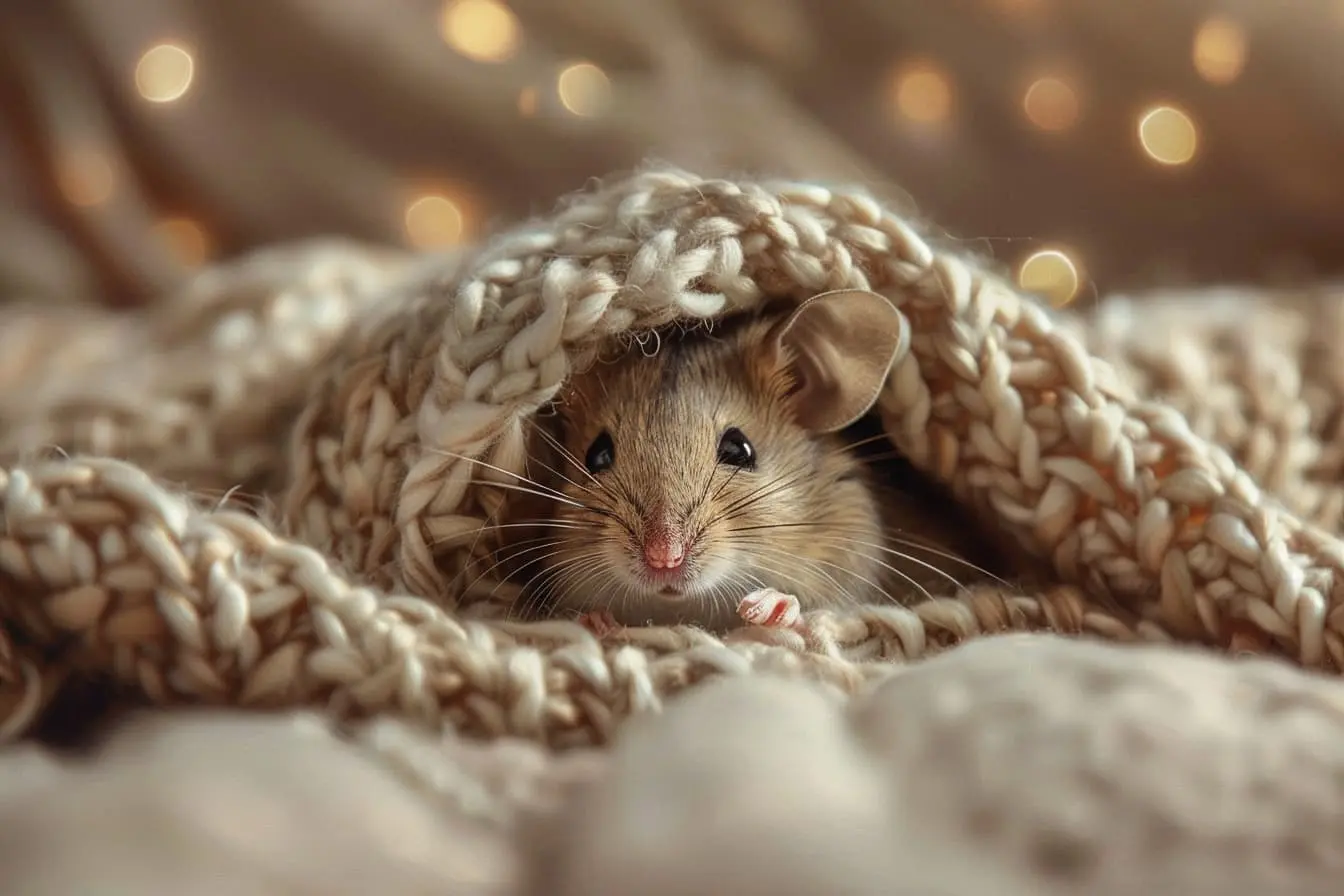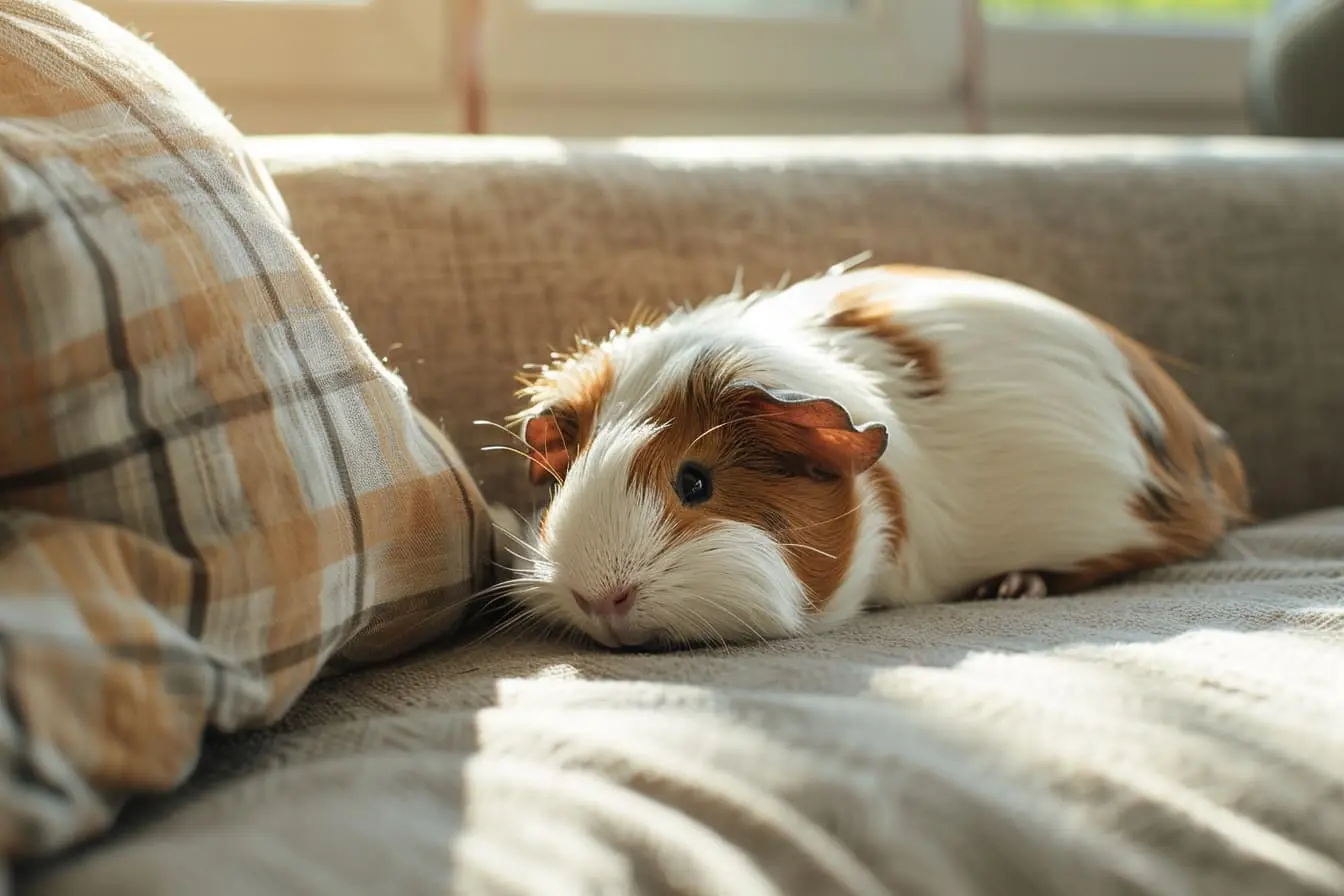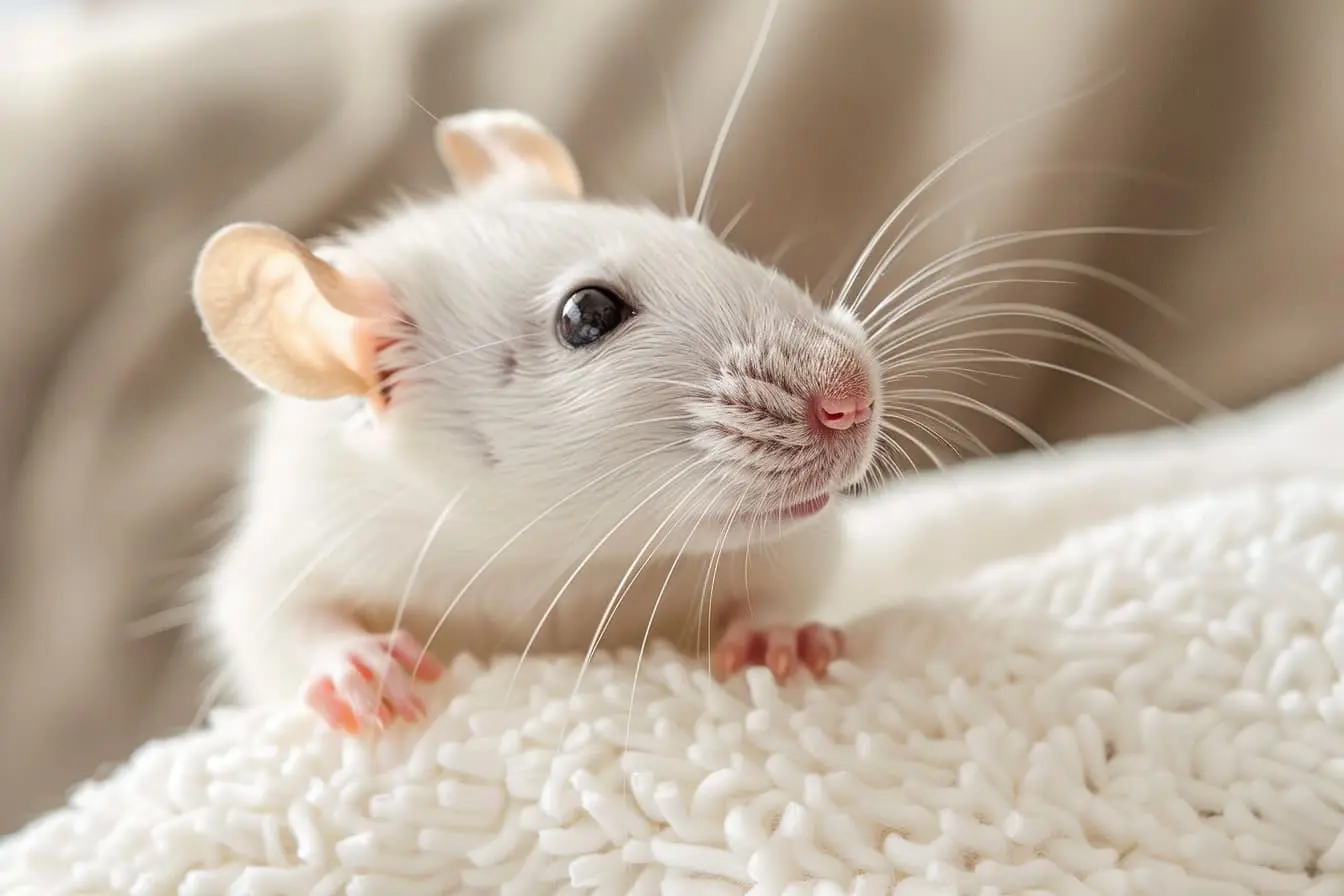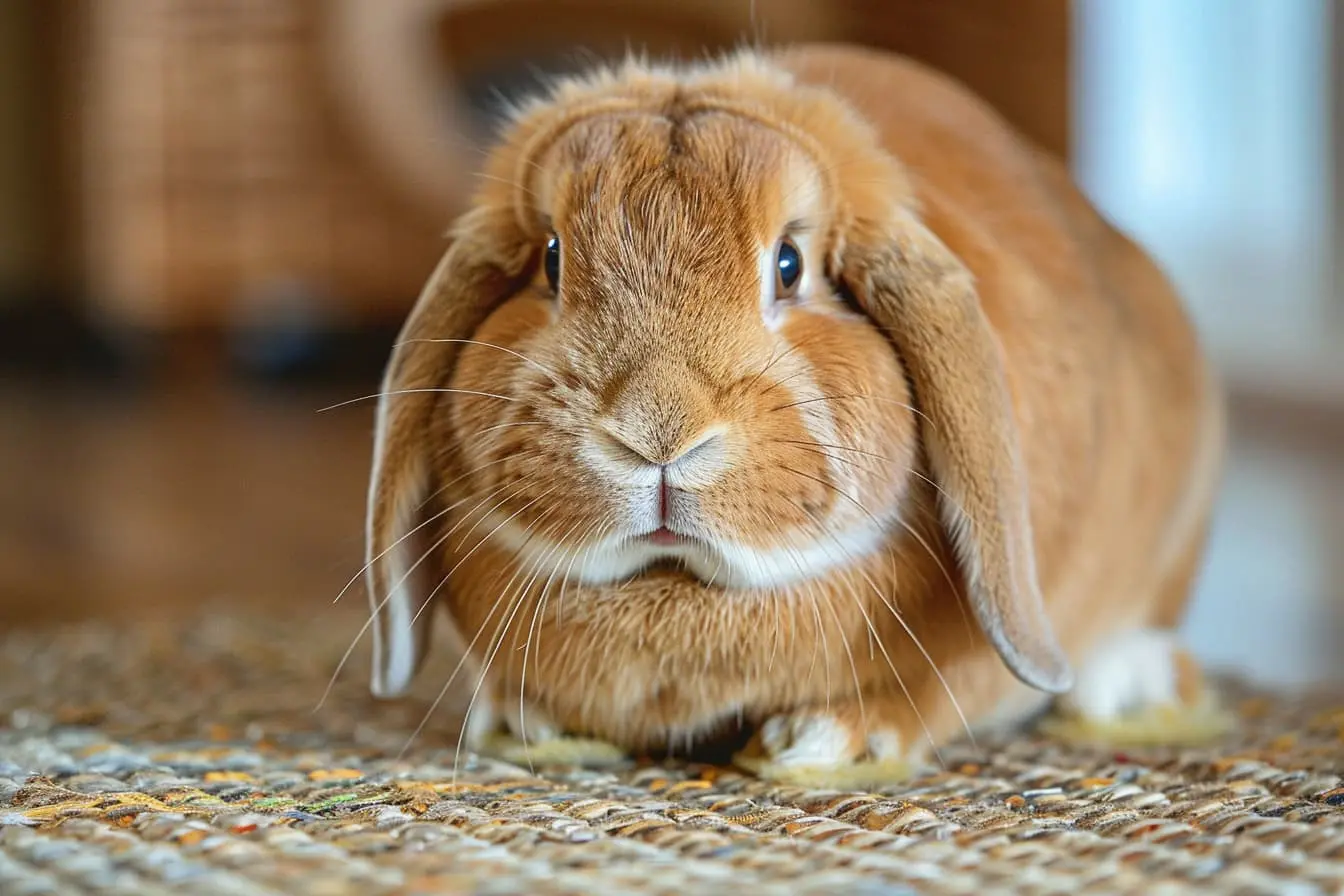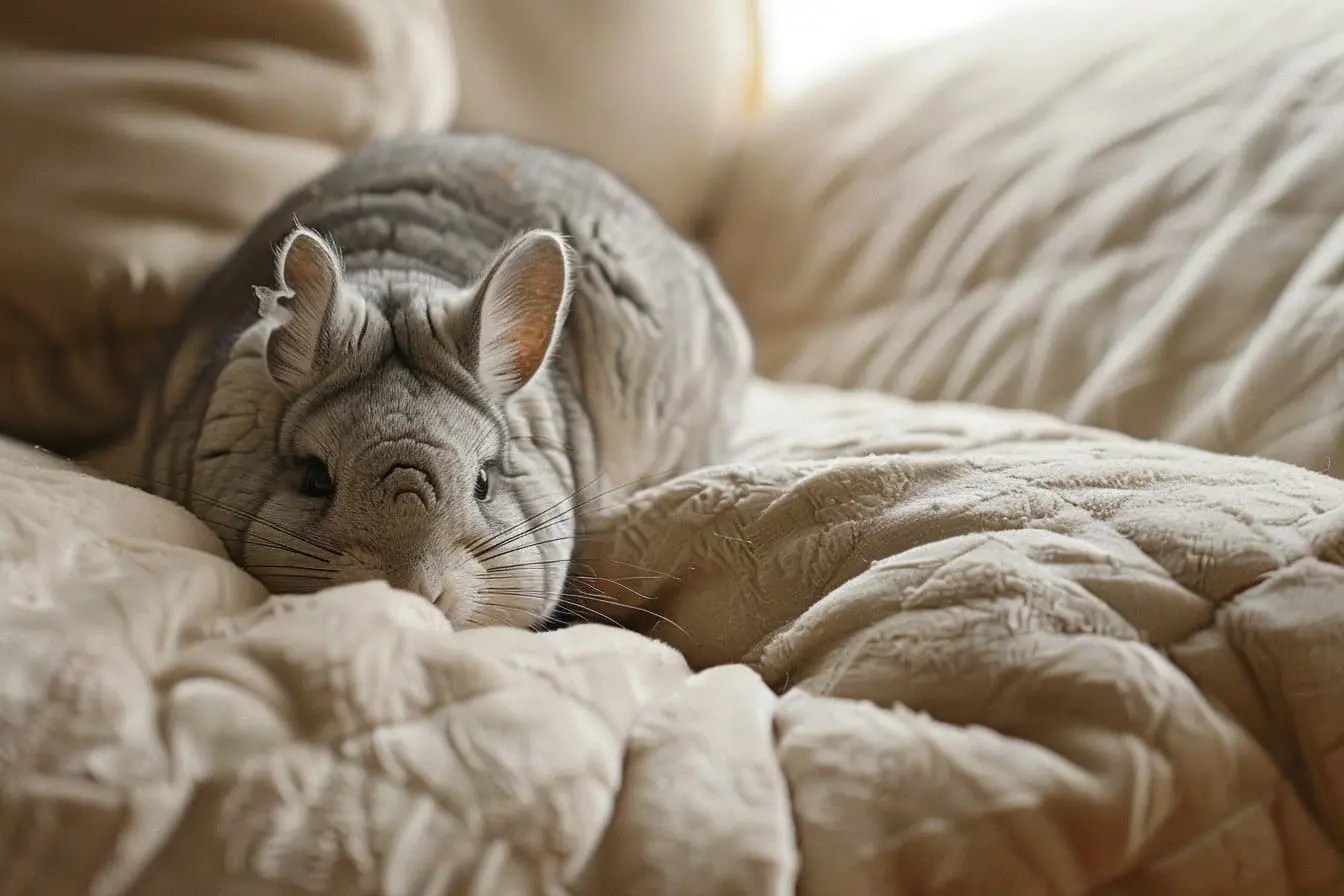
Chinchilla-Proofing Your Home: A Guide for Safe Exploration
Chinchillas are adorable, fluffy companions known for their playful and curious nature. As pet owners, it's our responsibility to create a safe environment for them, especially during their active playtimes outside the cage. Chinchilla-proofing your home is essential to prevent accidents and ensure your furry friend can explore without harm. Here's how to effectively chinchilla-proof your living space.
Understanding Chinchilla Behaviour
Before chinchilla-proofing your home, it’s important to understand their natural behaviours:
- Chinchillas are excellent jumpers and climbers, capable of reaching unexpectedly high places.
- They have a strong instinct to chew, which helps keep their teeth healthy but can be destructive in a home setting.
- They are curious and will explore every nook and cranny they can squeeze into.
The Basics of Chinchilla-Proofing
Secure Electrical Cords
Electrical cords pose a significant risk to chinchillas, who may chew through them, risking electrocution. Use cord protectors or secure cords out of reach to eliminate this danger.
Protect Your Furniture
Chinchillas will chew on almost anything, including wooden furniture and baseboards. Use bitter apple spray (a safe, bitter-tasting deterrent) on furniture, or cover baseboards with protective guards to discourage chewing.
Block Off Small Spaces
Prevent access to small spaces where chinchillas could get stuck or hide, such as behind appliances or within the reclining mechanisms of chairs and sofas. Use wood or metal panels to block off these areas.
Remove Toxic Plants and Substances
Many common houseplants and household substances are toxic to chinchillas. Ensure all plants, cleaning supplies, and other potentially toxic items are securely out of reach.
Securely Store Small Objects
Small, ingestible objects like coins, rubber bands, and paper clips can be dangerous if swallowed. Ensure all such items are stored away securely in drawers or cabinets.
Ventilation and Temperature
Ensure the room is well-ventilated and kept cool, as chinchillas can overheat easily. Avoid placing their play area near radiators, direct sunlight, or draughty windows.
Creating a Safe Play Area
Designate a Chinchilla-Proof Room
If possible, designate one room as a chinchilla playroom, which can be thoroughly chinchilla-proofed and monitored. This makes supervision easier and provides a safe, contained environment for play.
Flooring
Chinchillas can slip on smooth surfaces like hardwood or tile, leading to injury. Lay down mats or carpets to provide traction during playtime.
Supervision is Key
Always supervise your chinchilla during playtime outside the cage. Immediate intervention can prevent accidents and ensure your pet’s safety.
Regular Checks and Maintenance
Chinchilla-proofing is not a one-time task. Regular checks are necessary to ensure no new hazards have emerged and that all protective measures are intact and effective.
Conclusion
Chinchilla-proofing your home is a vital step in ensuring the safety and wellbeing of your pet. By understanding and catering to their natural behaviours, you can create a secure environment that allows your chinchilla to explore and play without risk. Remember, a safe chinchilla is a happy chinchilla, and taking the time to chinchilla-proof your home will lead to a more enjoyable and stress-free coexistence.
Vets near you
Speciality vets
- Aquatics vet specialists
- Birds vet specialists
- Camelids vet specialists
- Cats vet specialists
- Cattle vet specialists
- Deer vet specialists
- Dogs vet specialists
- Equines vet specialists
- Exotic vet specialists
- Goats vet specialists
- Pigs vet specialists
- Poultry vet specialists
- Sheep vet specialists
- Small Mammals vet specialists
- Wild vet specialists
Vet facilities
- Accessible by public transport
- Blood testing
- Car park nearby
- Client car park
- Dentistry
- Diagnostic imaging
- Disabled public access
- Flea and worm treatments
- Microchipping
- Mobile services
- Neutering
- Open at weekends
- Out-of-hours service
- Referral interests
- Referrals only
- Street parking outside
- Toilets available
- Vaccinations
